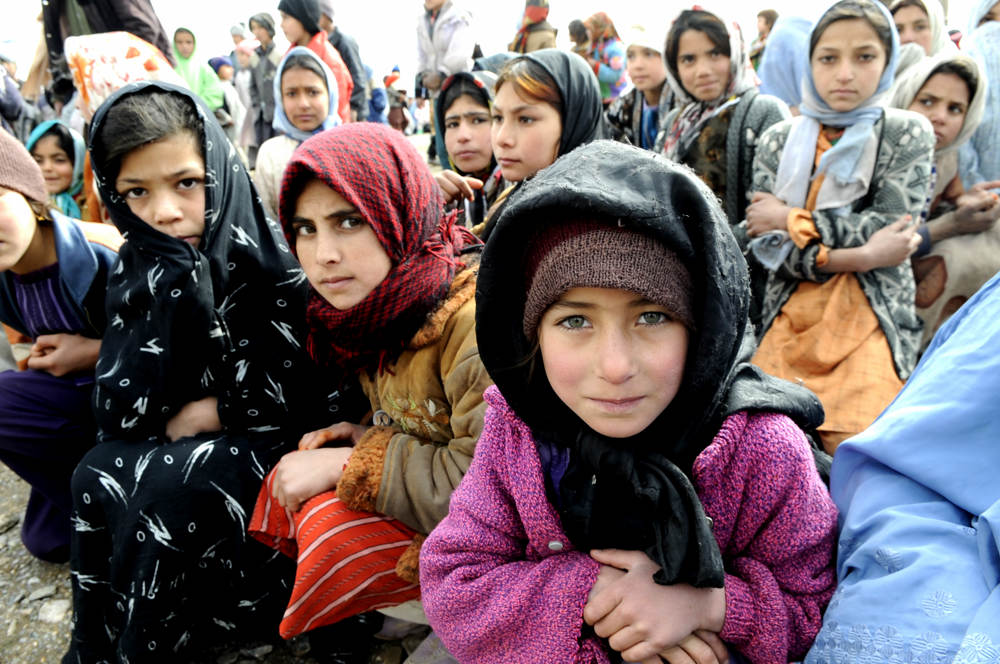YATW Poor in Afghanistan blog post 2
Hello, I’m back for blog post two for YATW which is an english project designed to help the world, and get out there! As we know my blog post one is about “Poor in Afghanistan.” This time I have brought in two great interviews and three more new-updated sites! For my original research I have interviewed Ahmad Obaid Sultani and Zubair Sultani with questions about Afghanistan. Some of my questions are like, how does poverty in general affect education, health, and economy and what do you think poverty is doing to Afghanistan?. I have also found three sites that showing new information about the poor and how it is affecting real lives. These sites all are dated from Jan-Feb 2014, which means they are pretty updated! These two interviews helped me see some other people that have a good right to talk about this topic because they live in Afghanistan so they know the real stories. The web-sites talk about Afghan children Suffering irreversible harm from malnutrition and hunger crisis.
Quoted from, The Guardian: “Half of Afghan children suffer irreversible harm from malnutrition”
“Children who are not getting enough nutrients from their food suffer from what is known as chronic malnutrition. The problem afflicts poor countries worldwide, but in Afghanistan it is particularly widespread and persistent.”
When I saw this I was actually shocked in a way, because I just went on thinking about how this can impact Afghanistan and the children so much! I mean these are the children that will be the next generation of Afghanistan and if this keeps on going Afghanistan can be in trouble.
New York Times, “Afghanistan’s Worsening, and Baffling, Hunger Crisis” a story that makes my heart cry
“Fatima, less than a year old, who is so severely malnourished that her heart is failing, and the doctors expect that she will soon die unless her father is able to find money to take her to Kabul for surgery. The girl’s face bears a perpetual look of utter terror, and she rarely stops crying.”
Fatima’s story just straight up, saddens me. I wonder how much her family is grieving for their child. This just reminds me of how people in Afghanistan get sick and the most they can do is go to the doctor to see what’s wrong; they can’t even pay for healing. All they can do is pray and wait too see if there prayers are accepted.
How far can this get? Rawa News tells us, Afghan hunger crisis: “One of world’s hardest places to grow up,” says charity
“Research by the United Nations global peace organisation suggests that 55% – more than half – of children in Afghanistan are failing to grow or develop properly. Experts say that this is because young people in the country are often not given enough food in the first two years of their lives.”
Over 50 percent of the children, more than half?! That’s crazy I didn’t even know this i thought it was less than 50 percent for sure but, I was wrong! This information just makes me thankful for everything I have. Look at us we have everything but we are still complaining! I mean think we didn’t have a good home and no food, forget money. What we would we do? Just give up? From what I see that’s not an option. Now I think I don’t even have the right to complain but only to be thankful.
When I got this information I had to see what’s up by talking to people that live in Afghanistan so, I did! I interviewed Ahmad Obaid Sultani and Zubair Sultani. All this new information helps me see other people’s opinions and answers to the real story; now I also get to see more information about the hunger crisis and how that affects children there. I also now get to see what happens to school,knowledge there, and even to the economy. This also adds more understanding to our issue by showing why there is no food, school, or why sometimes the economy of Afghanistan can act up. I have learned so much in so little about this alarming issue about how children and families don’t have money to feed themselves, so that means forget school. When a population of the people of Afghanistan don’t go to school that means, when those children grow up to be the next generation; there is a good chance of chaos and a bad economy. But, I am still in wonder what do people think will become of Afghanistan and what is the plan for Afghanistan to get better soon? I think we will figure that out in blog three!
Help the next generation of Afghanistan!

All these girls can be doctors, lawyers, even a president just as long as we help a little!

For more info here are some hyperlinks:
http://www.theguardian.com/world/2014/jan/26/afghan-children-harm-malnutrition-growth-development
Here is my annotated- bibliography

Comments
No comments have been posted yet.
Log in to post a comment.